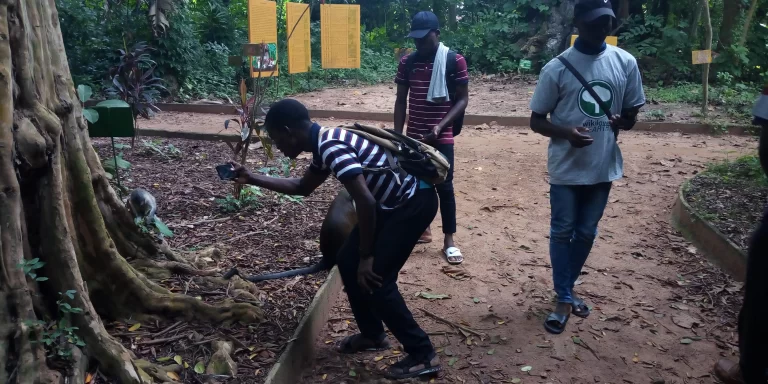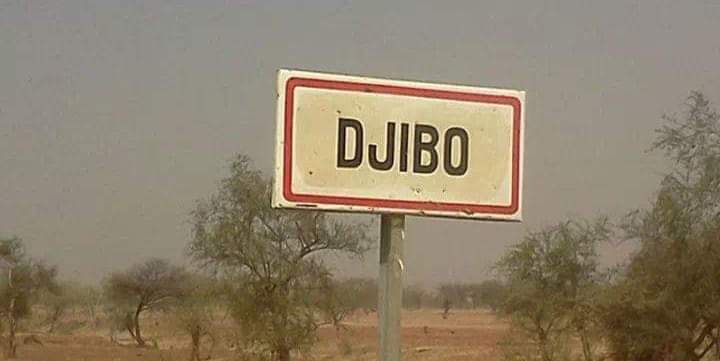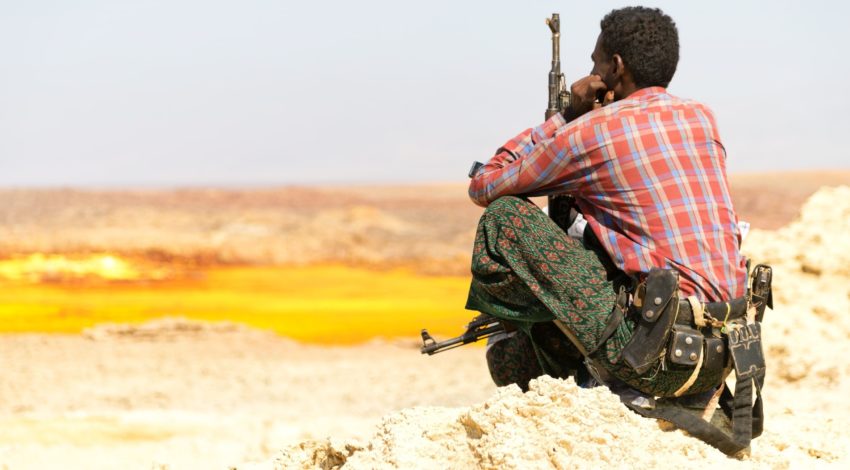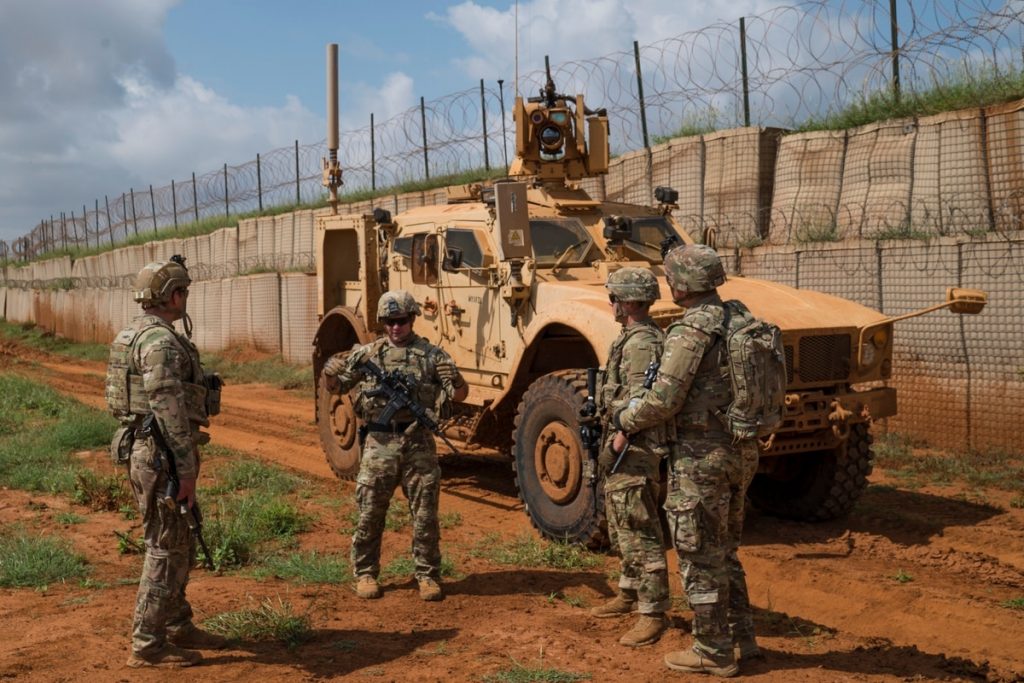Northern Benin is at the center of a security crisis which has moved south from the Sahel. Poverty and climate change have provided fertile ground for criminals and extremists.
In both western Mali and northern Benin, parks and other nature reserves are strategic spaces that jihadists use to move money, guns, and hostages. Katiba Macina elements gained control of large parts of Baoulé National Park in western Mali beginning in 2019 through targeted raids on the handful of guards on the ground. In W National Park in northern Benin, insurgents demonstrated their capabilities by staging a spectacular and complex ambush in February 2022 that reportedly killed an estimated nine individuals, including five park personnel.
Benin — in particular its northern regions — is strategically significant for a fresh jihadist advance for a number of reasons. On the one hand, Beninese security forces do not appear sufficiently organized or equipped to effectively respond to the threat.
The geography of the area also helps facilitate jihadist and criminal activities. Benin’s northern regions are home to the country’s poorest. Many towns and communities lack basic infrastructure and services, including hospitals and schools. The area is also already experiencing the harsh effects of climate change.
The region’s protected area network is ready-made for jihadist expansion, putting their managers on the frontlines of counterinsurgency. The littoral countries of Ivory Coast, Ghana, Togo, and Benin host a total of approximately 588 underfunded protected reserves covering 142,703 square kilometers; 188 of those reserves, including four out of the five largest, are within 10 kilometers of an international border. The Ivory Coast alone is dotted with 249 reserves, none of which are more than twenty-six kilometers apart, and over a quarter of which adjoin another reserve. These protected areas are critical for preserving the region’s remaining wildlife, but they are at the core of an unprecedented security challenge. As hideouts and conduits, reserves are a tactical resource for jihadists but they are strategically useful as well since they allow armed groups to maintain a high threat to sympathy ratio amongst the civilians they target. By remaining mobile and hidden, they need to invest fewer resources in gaining legitimacy.
Jihadists operating out of Benin’s W National Park appear to be doing little to assuage local grievances, so popular support for their actions is unlikely to be broad-based. Local complicity is often limited to one or a few individuals. This likely meets jihadists’ minimum need to secure the provisions and intelligence they require to stay in the wilderness and evade government forces. Deepening popular support would likely require the kind of shadow governance that has emerged in Mali’s inland delta region. Jihadists operating in that area enforce their severe version of justice, which has significantly reduced cattle theft in the area. Benin’s political geography is not as amenable to this approach as the remote plains of central Mali. However, the country’s Fulani pastoralist communities are aggrieved and marginalized, which provides a potential well of support.
The attackers likely belonged to the Group to Support Islam and Muslims, or JNIM, now widely considered to be the most powerful militant jihadist group in the Sahel region. Ambushes and attacks with improvised explosives have led to several military casualties. But locals, too, are growing increasingly afraid as the security situation continues to unravel.
Militant Islamist groups in central Mali, northern Burkina Faso, and parts of Nigeria have exploited intercommunal tensions to foster recruitment. This has had the effect of conflating farmer-herder conflict with violent extremism, significantly complicating the security landscape. Most livestock herders have no association with extremist groups and are often victims of their actions. Nonetheless, once the genie of intercommunal conflict is unleashed, passions take over. Attacks become deadlier, expulsions more frequent, and reprisals extend to communities not immediately linked to the initial flashpoint.
More inclusive protected area management will play a pivotal role in determining whether jihadists can exploit popular grievances that stem in part from the coercive history of environmental conservation in the region.
Non-governmental organizations, such as African Parks Network, which manages several West African reserves, increasingly face the delicate challenge of protecting wildlife, accommodating local needs, and aiding governments in their growing counterinsurgency operations. Governments, their NGO partners, and other stakeholders will help keep the support of civilians living under jihadist threat only if they offer better prospects, starting with basic security and protection. Security support from Rwanda, which reportedly might include the deployment of soldiers, will play a pivotal role in this regard – if it materializes. However, if it contributes to a lopsided response by the Beninese government that focuses on counterterrorism at the expense of civilian protection, it could make matters worse. Across the region, security forces have resorted to collective punishment of pastoralist communities out of suspicion, fear, and confusion. If this occurs in Benin, the result will be tragic and counterproductive.

Read also: Perspectives of Jihadism in Africa







